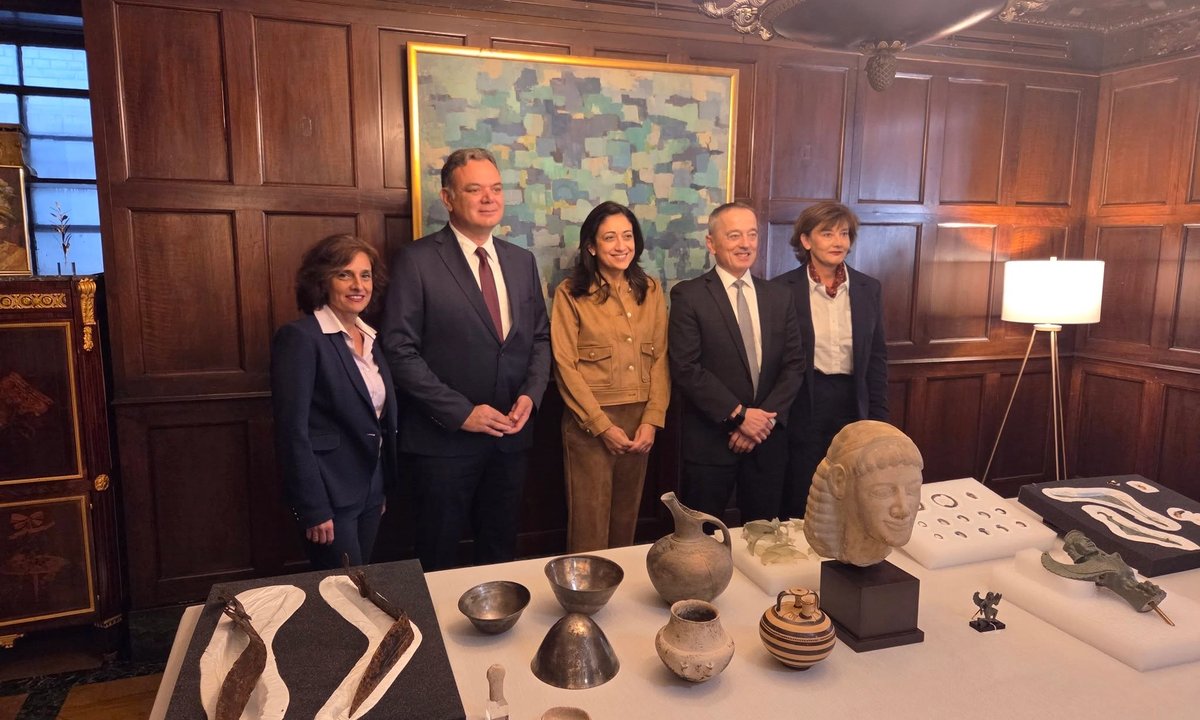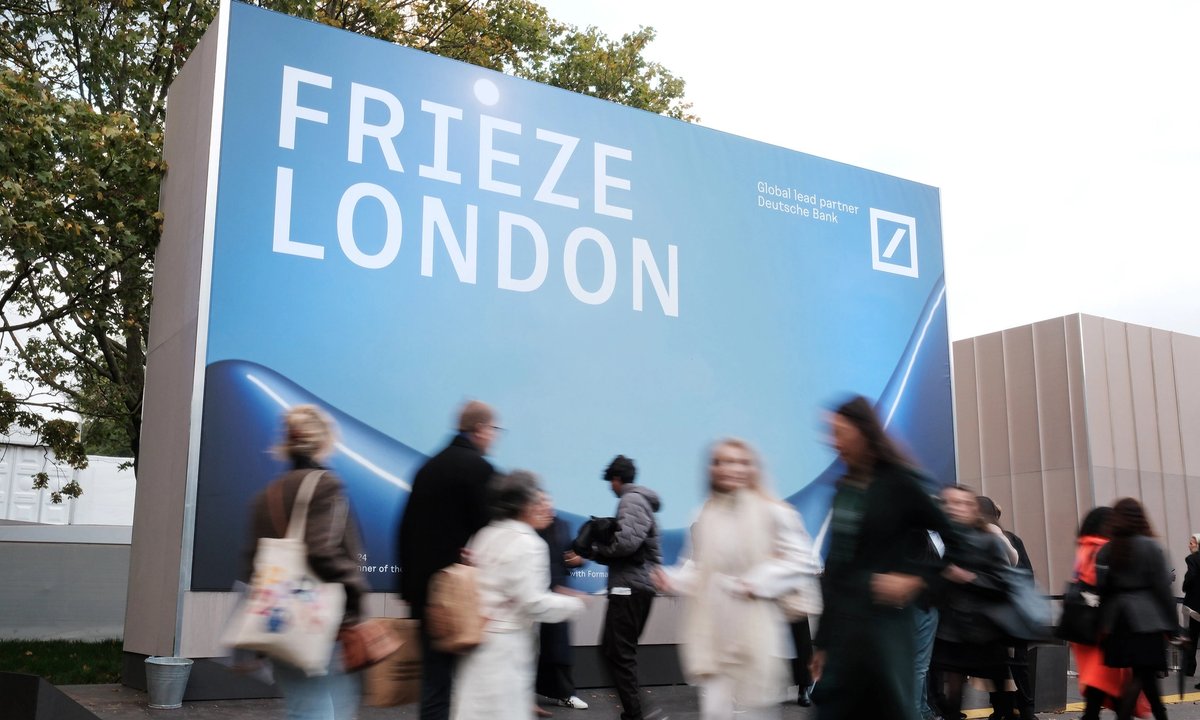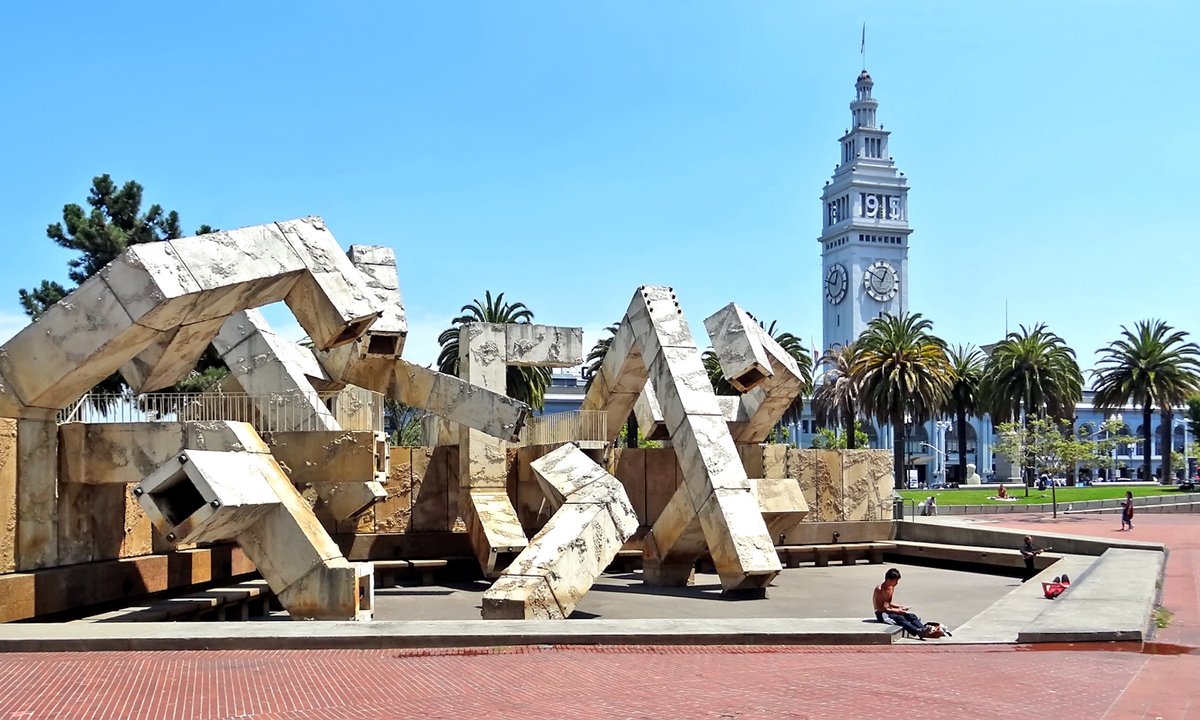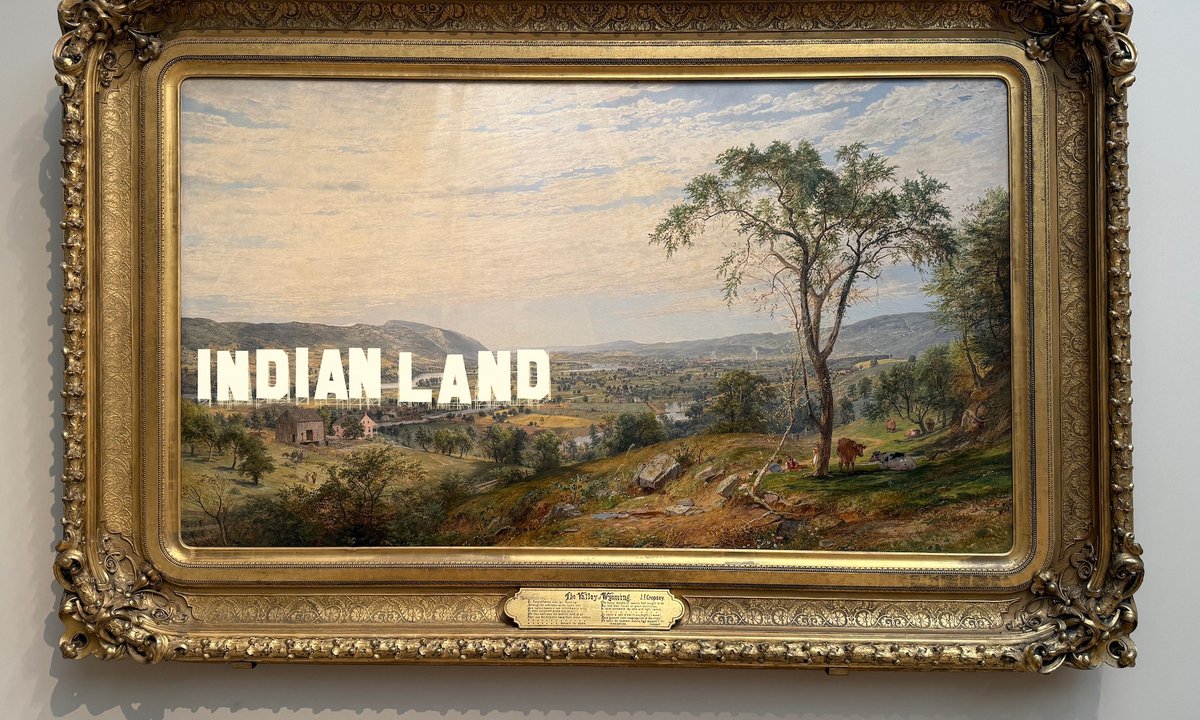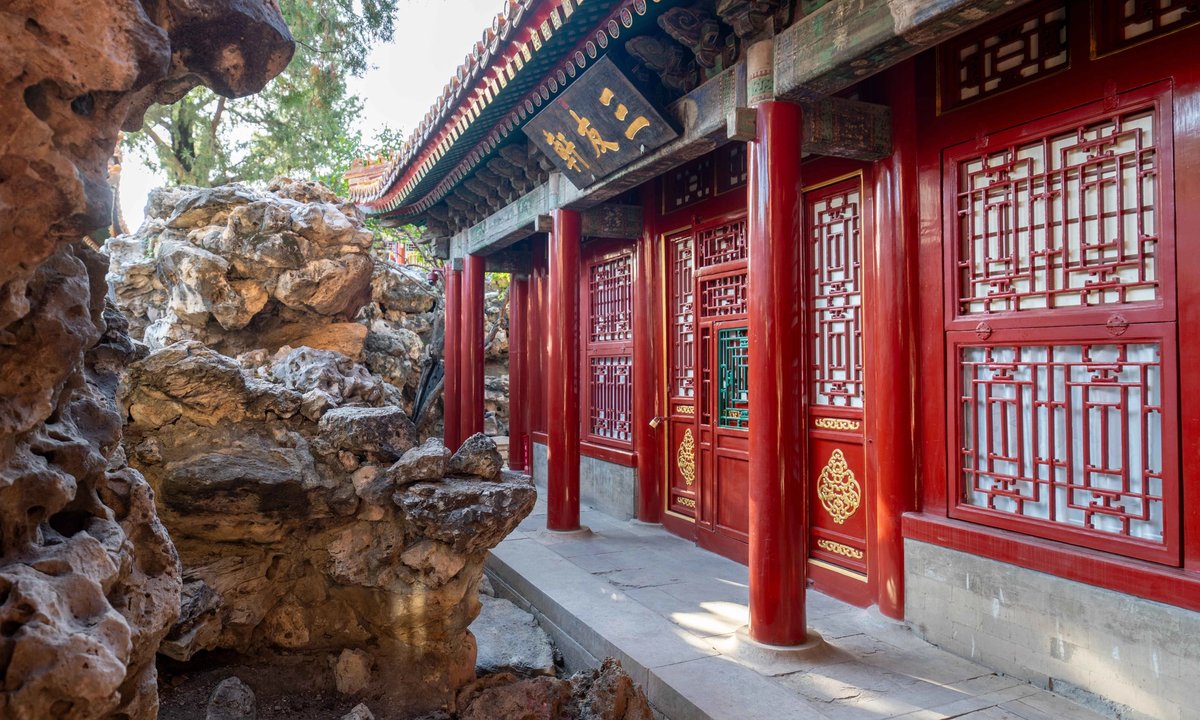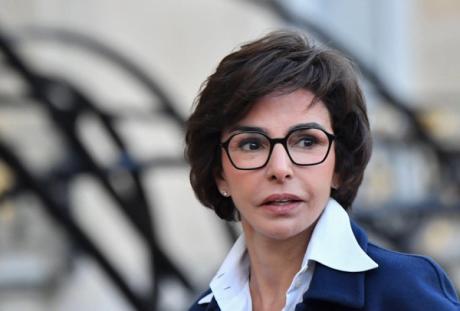
The French culture minister Rachida Dati is to face trial in Paris on charges of alleged corruption and “influence peddling” from within an international body. According to a decision quoted by the French news agency AFP, the minister has been summoned to appear before the criminal court on 29 September, where the trial dates will be fixed.
Dati is accused of having secretly worked as a lobbyist for the carmaker Renault-Nissan while she was a member of the European Parliament.
The former chief executive officer of Renault, Carlos Ghosn, who has lived in Lebanon since fleeing Japan—where he was on house arrest on charges of financial misconduct—also stands accused of corruption and abuse of corporate assets.
Prosecutors allege that Ghosn signed a contract with Dati for which the minister received €900,000 between 2010 and 2012.
The payments, made through a Dutch subsiduary of Renault, were discovered after Mr Ghosn’s arrest in Japan in 2018 on charges of breach of trust. The investigation was opened in 2019 and has dragged on for years.
Dati and Ghosn have denied all the charges, and claim Dati was hired as a lawyer and consultant on “business diplomacy”.
The investigating judges, however, say they found hardly any evidence of such work, and allege that Dati was using her position in parliament to put pressure on the European Commission in favour of “Renault’s interests”.
The company, which claims to be a victim of embezzlement, is a civil party in the case.
Dati has also been recently accused, via an investigation by the French magazine Le Nouvel Obs, of receiving almost €300,000 from the former gas company Gaz de France—now Engie—without declaring it to the European Parliament. The daily newspaper Libération, meanwhile, has alleged that she failed to declare jewellery worth €420,000 when she joined the government. She has also denied these accusations.
Known for her combative temperament, Rachida Dati still intends to be the right-wing candidate at Paris’s mayoral elections in March 2026 and has the backing of the French president Emmanuel Macron, who intends to keep her in the government.
Meanwhile, over the summer she has been facing challenges in her attempts to pass two important bills, one focused on merging all public TV and radio broadcasters into a single company, and the other on setting up a framework for the return of cultural items acquired during the colonial period.

